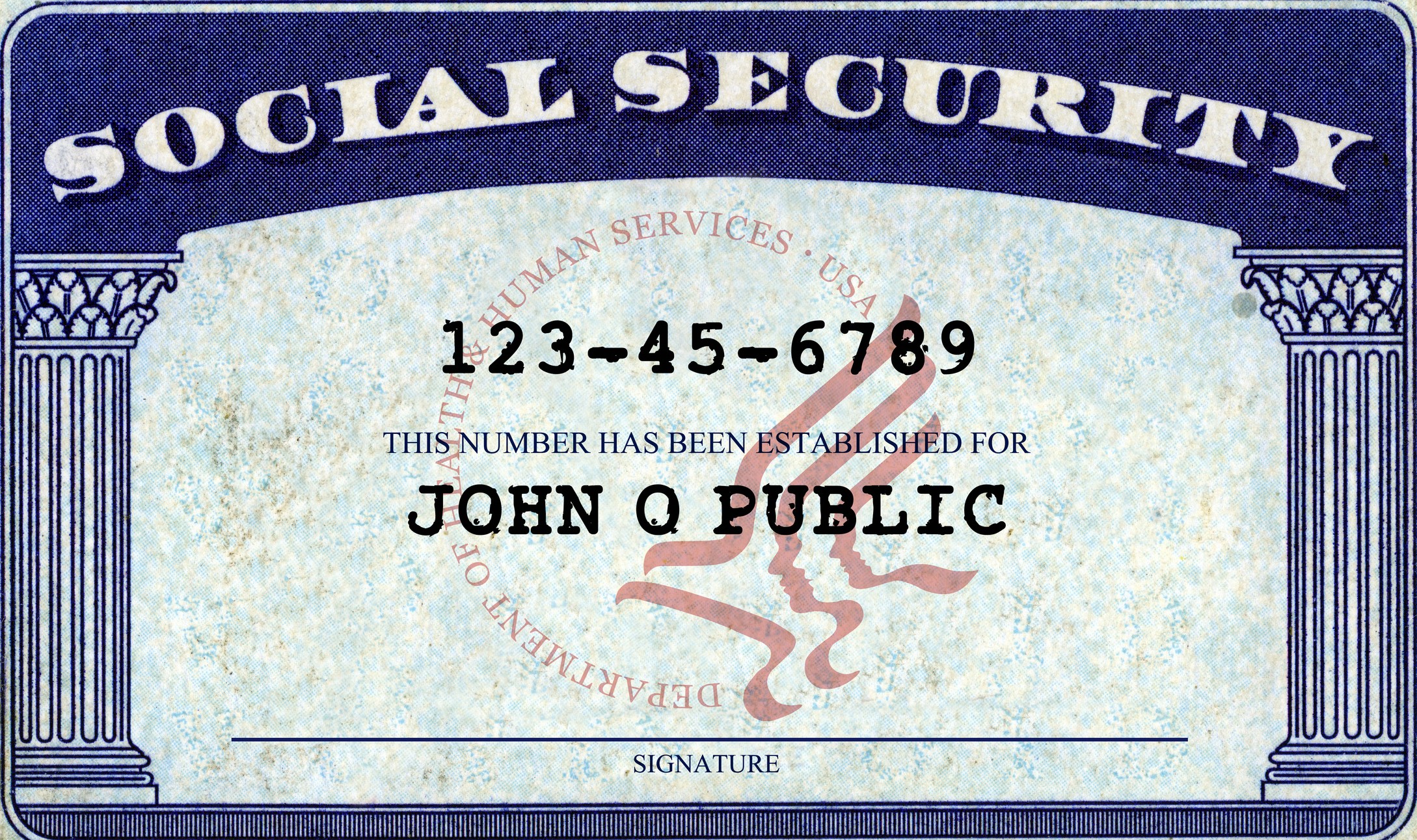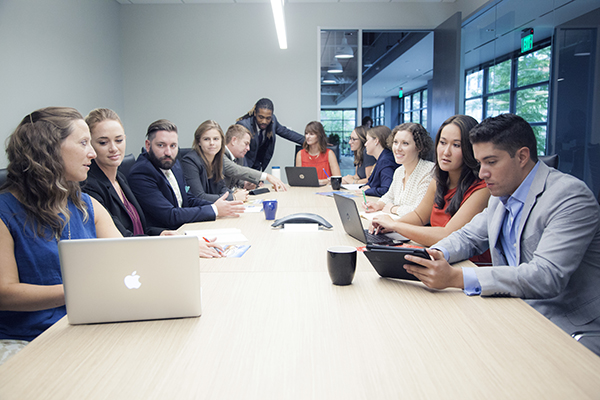START YOUR PROGRAM RIGHT
Welcome to the United States!
By now you have safely arrived, checked into your housing and now it’s time to make sure that everything else is in order so you can start your program right.
On your DS-2019 start date, you must confirm your arrival in the U.S. and check in with SEVIS (Student and Exchange Visitor Information System). During your check – in process, you are required to confirm your work/training address in the US and confirm your housing address. AAG requires that you check in with SEVIS within 3 days of your DS-2019 start date.
Please note that you cannot check in with SEVIS before you arrive in the U.S. You also cannot check in with SEVIS before your DS-2019 start date.
Please complete the SEVIS check-in after arriving in the U.S. and no longer than 3 days of your DS-2019 start date.
- Please log into your profile in Participant Portal.
- Click on Housing and provide your housing information. Please make sure that your address is correct and complete. If you are living in a hotel/motel, please provide a room number. If you are living in an apartment, please provide apartment number. If you fail to provide correct and complete housing address, AAG will not be able confirm your SEVIS check- in, which will delay your SEVIS activation date.
- Click on SEVIS Check In
You must wait up to 10 business days after checking into SEVIS before applying for a Social Security Card. If you do not complete a timely SEVIS check-in or if your living information is incomplete, it will delay your ability to apply for and receive a Social Security card.
If you have any trouble with your SEVIS check-in, please contact AAG’s Support Team during business hours for assistance: 1-866-622-7623.
Keep AAG Informed! Remember to inform us of any changes to your address, email or phone number. To keep your J1 program in good standing, you must update AAG within 10 days of any address change. You can contact AAG by emailing us at [email protected] or by calling 1-866-622-7622.

Applying for Social Security Card
After you check into SEVIS, please wait at least 10 business days to apply for your social security card. If you attempt to apply before 10 business days have passed, you may not be able to submit your application, or the issuance of your social security card might be delayed.
Please make sure to apply for social security at the beginning of your program. If you apply during the last month of your program, your application will not be accepted.

You must present original documents and 1 copy of each of the documents listed below:
- Social Security Application Form. Please make sure to provide your Host Company address as the mailing address where to mail your Social Security card.
- Your Electronic I-94 print out
- Passport
- DS-2019
- Sponsor Letter
- DS-7002 form (Intern/Trainee participants only)
- Birth certificate or official picture ID that is at least one year old
This is proof that you have applied for your social security card.
Opening a Bank Account
Opening a bank account is highly recommended and is a good way to manage your finances and protect your money.
- Locate a bank close to either your work or housing (ask your Host Company if they have any recommendations).
- Inquire about opening a checking account and if the bank offers student discounts.
- Ask if the bank requires a minimum balance, has a minimum duration for an account (some banks require at least 4 months) or if they charge ATM withdrawal fees.
Please note that some Host Companies/Host Schools will be able to direct deposit your paycheck into your bank account. This is very convenient way for payments to be deposited directly into a bank account rather than a paper check. Many banks now offer smart phone apps that allow you to deposit paper checks via a smart phone.
- A passport and J-1 Visa
- A DS-2019 form
- Secondary form of ID (Picture Student ID, Birth Certificate, etc)
- Proof of social security application (or your social security number if you’ve received it)
- In some cases, banks will required a letter from your employer confirming employment
- At the time of opening a bank account, you will need to either deposit money or a check into your account


Reporting to a Work or Training Site
We know you are excited to start your work/training. Your Host Company/Host School is also excited to serve as your program host. Both parties have an obligation to ensure that job expectations are fulfilled and that procedures are followed.
- Respect co-workers, supervisors and customers regardless of race, gender, religion, or appearance.
- Practice speaking English as much as possible.
- Dress appropriately following the Host Company dress policy or uniform guidelines.
- Maintain a positive attitude.
- Be a team player and cooperate and collaborate with other people.
- Be courteous and polite.
- Be punctual to work/training and meetings. Americans are very time-oriented!
- Demonstrate enthusiasm and teamwork, which are very important in the U.S. workplace.
- Interact with others and be open to learning.
- Poor work ethic and disrespectful behavior.
- Failure to appear for work/training on a scheduled day without notifying the Host Company of an issue such as illness.
- Inability to adequately communicate in English required for the job/training.
Sometimes issues may come up at work/training. Often these are the result of simple misunderstandings.
- Try to handle the situation by talking with your manager, supervisor, or human resources department in a constructive and professional manner. Be prepared to provide details:
- What happened?
- Who was involved?
- What was said or done?
- If you need assistance, please contact your AAG Outreach Coordinator (OC) to discuss the issue. Please be very specific with details to help us have all the information to resolve your issue.
- Your Outreach Coordinator will contact your Host Company/Host School to discuss your situation and help resolve the issue.
- If necessary, Alliance Abroad Group will facilitate a conference call with you, your Host Company/Host School and AAG, so we can all collectively address the issue and work on resolving it together.
Please bring these documents with you on your first Day of Work/Training
- Passport and J-1 visa
- DS-2019 form
- I-94 form
- Social Security Number (if you already have one)
You will also be completing the following paperwork with help from your employer:
-
- FORM I-9
This form confirms your employment eligibility. The form asks for your social security number (SSN). If you don’t have SSN, please leave that section blank and your employer will fill that information at a later date. You must make sure that your Host Company/Host School receives a copy of your SSN. - FORM W-4
Your employer will automatically deduct money for federal taxes from your paycheck. This form tells the employer how much to deduct, so that you pay the proper amount.
- FORM I-9
- Personal allowances worksheet: Ignore this section.
- Box 1: Enter your information including your U.S. address.
- Box 2: Enter your social security number (SSN). If you have not been issued a social security number, leave it blank. Your employer can fil in the number at a later date.
- Box 3: Check the withholding as “single,” regardless of actual marital status.
- Box 4: Leave blank.
- Box 5: Enter “1.” There are no exceptions to this.
- Box 6: Write “Nonresident”
- Box 7: Leave blank. Nonresident Aliens cannot claim “Exempt.”
- Boxes 8 – 10: Leave blank.
- Sign and date the form.
Salary
Pay periods may be every week or every 2 weeks depending upon your Host Company’s payroll plan. You will get a salary statement, pay stub, or pay slip, which will show the hours you worked, how much you earned, taxes and other deductions taken out of your paycheck. Depending on your agreement with your employer, you might also have uniform, housing or other work-related items deducted from your paycheck.
– We strongly advise that you keep records of all the hours that you work.
– If you are paid every week, it will be 2 weeks before you receive your 1st paycheck.
– If you are paid every 2 weeks, it might take up to 4 weeks for your 1st paycheck.
Please arrive in the U.S. with enough money to cover your expenses for at least one month. First paychecks are often delayed for a variety of reasons, so be financially prepared to cover expenses until you receive regular paychecks.

Taxes
All U.S. citizens and working visitors are required to pay income tax. Most employers pay your taxes directly to the government by deducting the tax amount from your paycheck. Approximately 10%-15% of your earnings will be withheld for federal income tax. In addition, some states and cities may withhold 5%-8% from your earning for taxes. It is possible that some part of the taxes paid will be refunded when you file an income tax return.
As a J-1 program participant earning an income in the U.S. you are required to pay certain taxes:
Taxes you are required to pay:
- Federal income tax
- State income tax
- Local or city income tax
Taxes you are not required to pay:
- Social Security & Medicare tax (FICA)
- Federal unemployment tax (FUTA)
As a J-1 teacher, you must pay all local, state and federal taxes. You do not pay Social Security/Medicare taxes for the first 2 calendar years as you are considered a non-resident alien. After the first 2 calendar years, you are considered a resident alien and are liable to pay Social Security/Medicare taxes. For the purposes of determining 2 calendar years, the calendar year of entry is counted toward the two calendar years.
Insurance Information
As part of your program, you receive limited health insurance. It is important that you review the information to understand your insurance coverage and benefits.
AAG is NOT your insurance provider. While we can provide you general information about your insurance, it is in your best interest to ALWAYS call Hollard Travel Insurance before and after seeking medical attention.

Cultural Exchange
The United States of America is a diverse land, covering more than 9.6 million square kilometers and is home to more than 320 million people. Americans have some common culture like celebration of national holidays and while there are values that unite Americans, there are regional nuances to American culture. Large, urban area like Los Angeles, California has a very different culture and way of life than a small town like Oxford, Mississippi. The diversity of cultures within the United States in one of the reasons it is a unique country and home to people of different religions, race, ethnicity and political beliefs. America is a great nation because of the rich history and heritage of our citizens.
- Research your location in the U.S. to get a feel for the culture, cost and climate.
- It is normal to have an adjustment period to a new country, which is sometimes referred to as culture shock.
- It is normal to miss family and friends but there are wonderful opportunities to meet new friends in the program, in the community or at work.
- Climates vary but it can be very cold in the winter and extremely hot in the summer. Learn more about the climate of where you will be living.
- Ask your supervisors and peers about volunteer opportunities in the community.
- Seek help or advice whenever you need it.
- Keep a journal/diary/scrapbook of your memories. This could be hand written or online via a blog or social media.
- Reach out to fellow international participants via Facebook, Twitter or Instagram using #AAG! You can find information on local events here: Things to do link
AAG highly encourages you to participate in as many cultural exchange opportunities as possible and there are a few ideas below to below. Throughout your program, AAG will provide opportunities and ideas for making the most of your time and offering ideas for experiencing American culture.
- Celebrate a U.S. holiday.
- Participate in or watch a sport you have never played.
- Participate in community events.
- Volunteer in your community.
- Attend a local music event or art show.
- Try eating or cooking local foods
- Listen to American music on the radio.
- Attend concerts, movies, theater, or other activities in your area.
- Check out “Things To Do in the USA” page on our website (link)
AAG 24 Hour Emergency Contact Information
Please call the police and fire emergency number 911 if you are a victim of a crime or in any immediate danger.
Please call AAG at 1-866-622-7623 if you are experiencing an emergency such as:
Call us during business hours if…
- You lose your passport or other documents.
- You have concerns about housing.
- You have employer concerns or you are fired from your job.
When you leave a message, be sure to speak slowly & include:
- Your name
- AAG ID#
- Job Location
- Telephone number.
Note: between 8:30am – 5:30pm CST
Call us at any hour if…
- You are lost upon arrival.
- You are arrested.
- You have been injured and need immediate medical attention.
Health Issues, always try to call the health insurance company first!
- You are hospitalized with a serious injury.
- You are the victim of a violent crime or in immediate danger
*If you do not leave a message, we cannot help you!*



